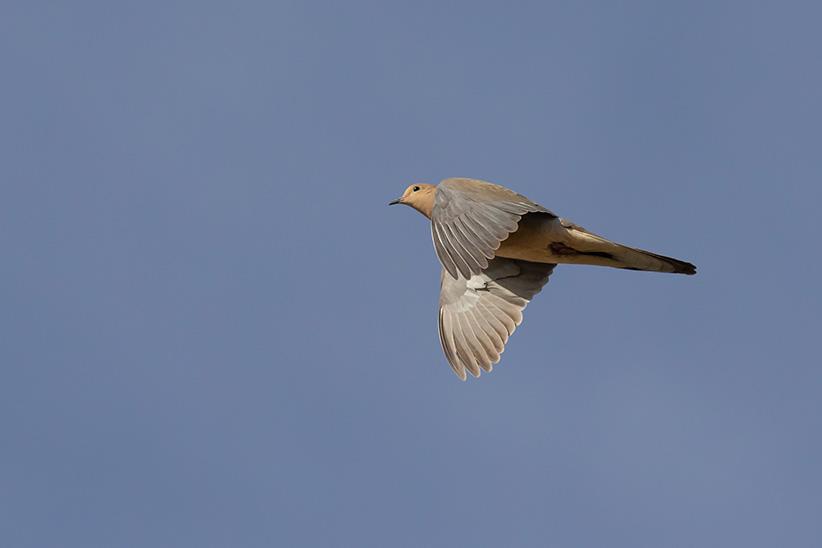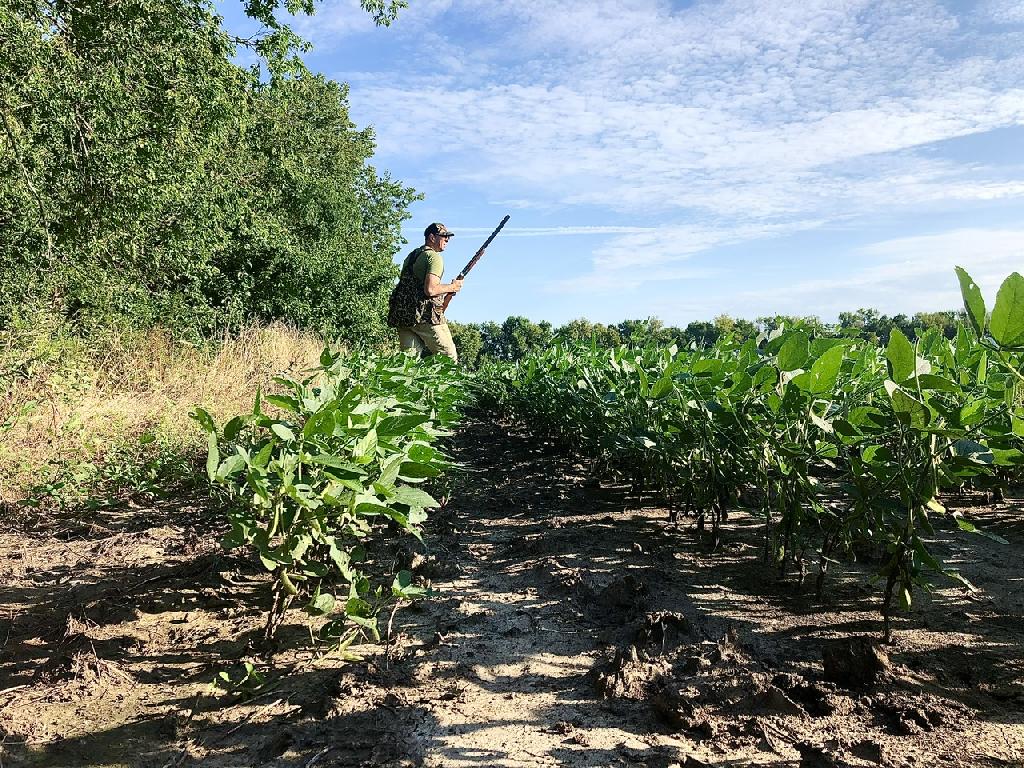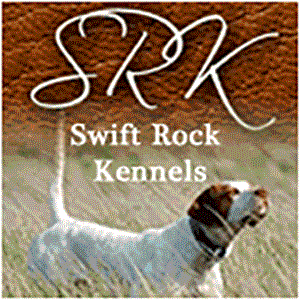You have a dove problems
Part 2
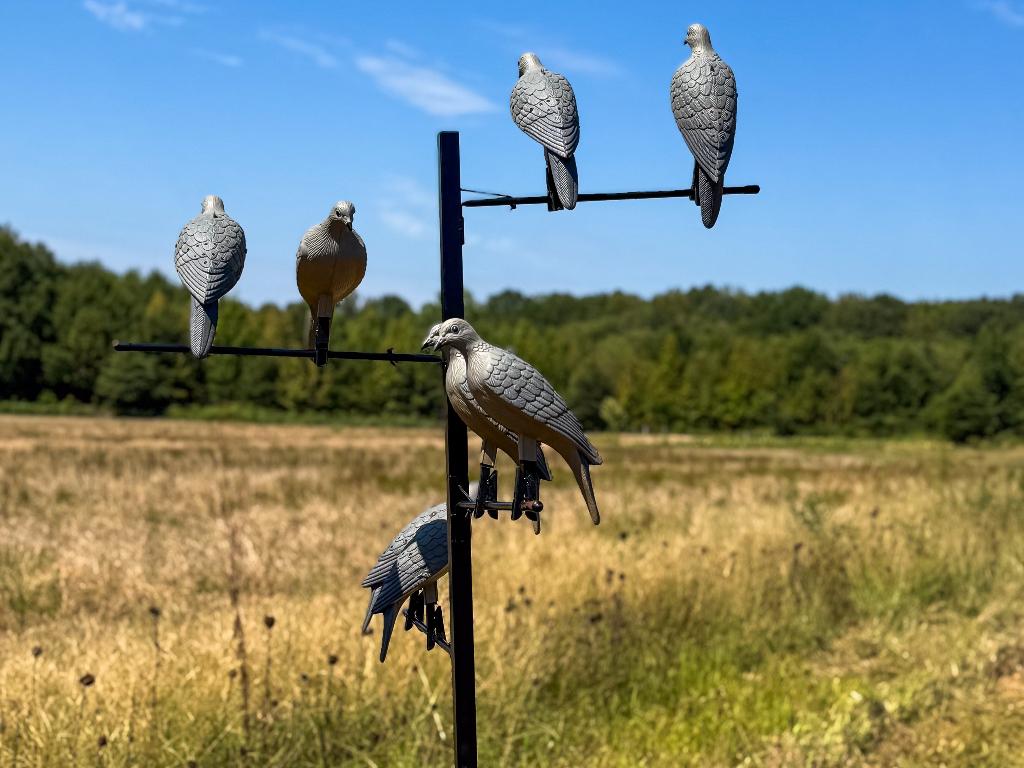
Not Reading a Dove Field. Hunters who have carefully scouted an area where the doves are flying, need to understand, and plan that flight patterns and activity can change from day to day, and sometimes from hour to hour. The first thing dove hunters should do is to spend a few moments before walking into a field and do one simple thing…observe. By observing, wingshooters will be able to evaluate the activity that is present.
Things learned prior to stepping off, could include such things as identifying dead snags or limbs that are attracting doves, tree lines or fence line gaps where birds are funneling through, or flight paths along edges of certain features and waterways.
Once hunters have a feel for what’s going on and current flight patterns, then they can make an educated guess as to where would be the best place to set up for some fast-flying shooting action. Granted, that perfect shooting spot can be dictated by other hunters already set up in the field. If this is the case, the best course of action is to determine where hunters can position themselves where they can benefit from others. An example would be setting up near enough to get shots off, but still maintaining a level of safety, where doves are flaring from being shot at and being redirected to your position.
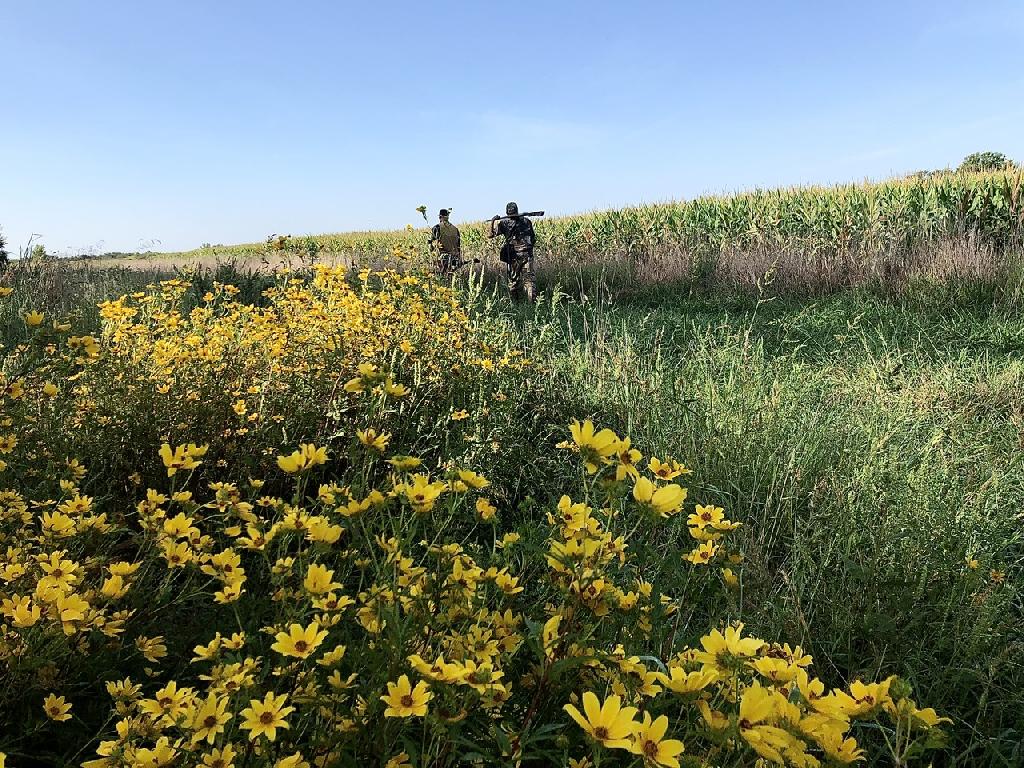
Not Making a Move. Dove hunters should not be bound to their locations. Hunters should make a move if flight patterns, and activity start to change. Be mobile if the opportunity is available. If fields are full of hunters, as many are during the first week of dove season, then be creative. Hunters should still practice proper hunting etiquette, by not intruding on other hunting positions. If conditions are favorable, hunters should make a move. A move in the direction to an area in a field where there are no hunters, but the birds are being pressured to use as an escape route or sanctuary.
Hunters need to avoid being “married” to a spot. This, of course is unless the hunter is set up in a spot that is literally inundated with gray birds flying. Dove hunters need to be able to relocate quickly, and not stay put, if doves are observed crossing a certain spot or landing to feed in a certain area.
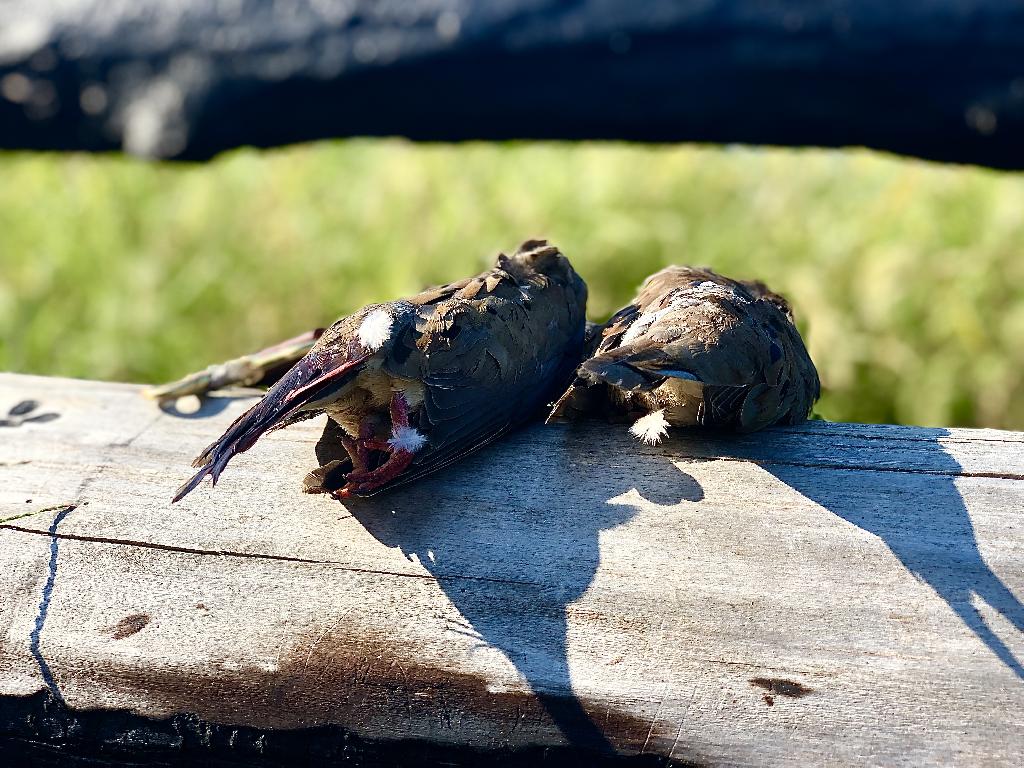
Don’t get Greedy. Wing shooters often get greedy when dove hunting. Greedy in the sense that after hitting a fast-flying dove, they opt for trying for a double or even triple. If hunting alone, then it really isn’t a problem, or is it? Depends on how you look at it. Dove hunters should lock their eyes and mark the downed bird upon impacting the ground. After marking the bird, quickly walk to it and retrieve it. What happens is that dove hunters hit a grey bird, then think they can hit the next and the next. This is a problem when hunting close to others and taking shots that are clearly not in one’s field of fire. This type of over-zealous shooter is anxiously counting down their limit, and not being respectful to other shooters in the area.
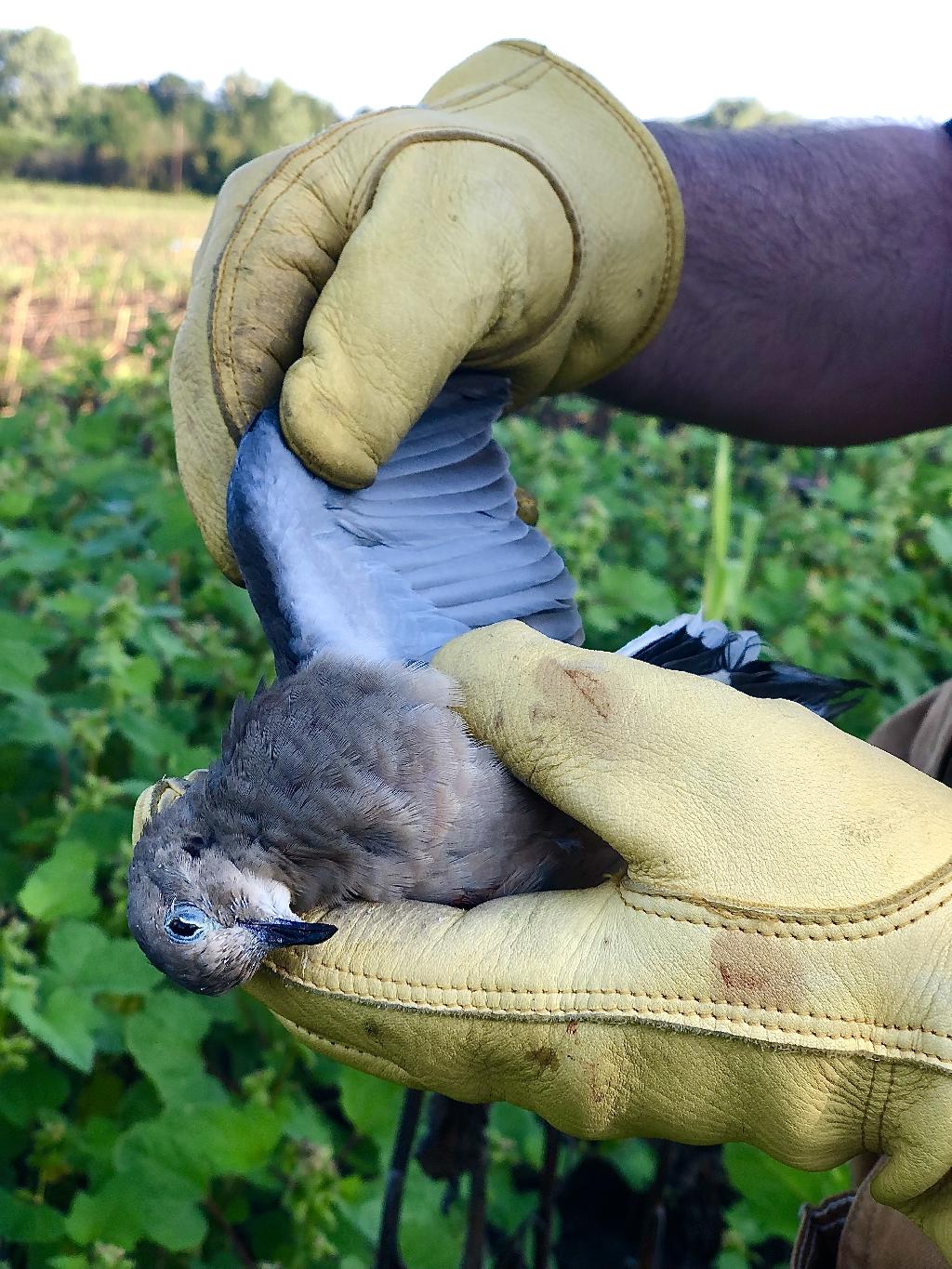
Practice a little of hunting etiquette when shooting doves and taking shots that are clearly not yours to take. Let others enjoy the moment and the hunt, just as you would want to if there was greedy dove hunter set up near you.
Related Aritlces
YOU’VE GOT DOVE PROBLEMS
September 1st signals the annual arrival of dove season and the start of the upland bird season for so many bird hunters. Shooting doves is for many wingshooters, the beginning of a glorious time in the outdoors. It readies the soul for days afield to chase other feathered game in the coming months. Days prior to the dove opener, shotguns are pulled out of their cases, camo attire is selected, and lots and lots of shells are purchased. With all these preparations, several blunders will befall many dove hunters.
DOVES: From the Field, to Cleaning, to Eating
It’s that time of the year when we find ourselves gathered with family, friends, and strangers positioned around a cut grain or sunflower field waiting for those September gray birds to come screaming in. Dogs will sit idly by, panting as they await anxiously for doves to be interrupted in midflight with shot. As the first flight comes in, a barrage of gunfire will thunderously erupt, signaling that hunting season has arrived. Dove hunters will instantly feel the excitement by the heat of expended shotshells, yells from strangers saying “Comin’ at ya!”, and the sweat running down backs and necks as sun rays pour from the blue sky as summer still holds on tightly.

